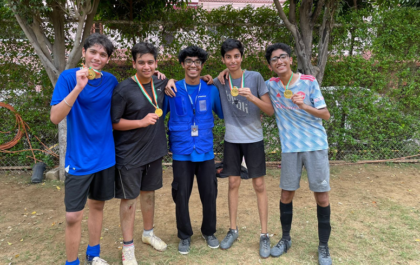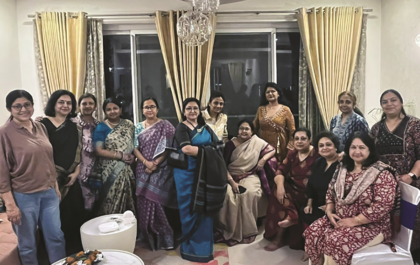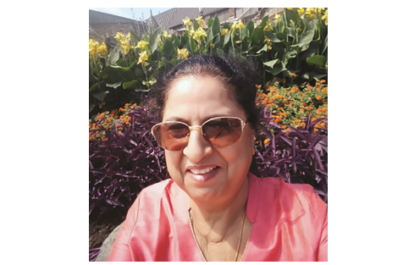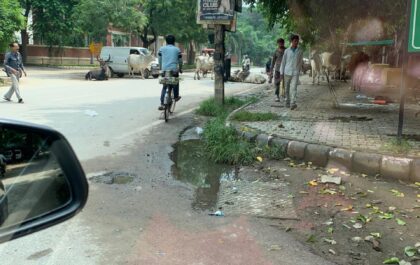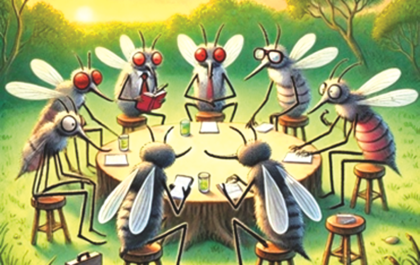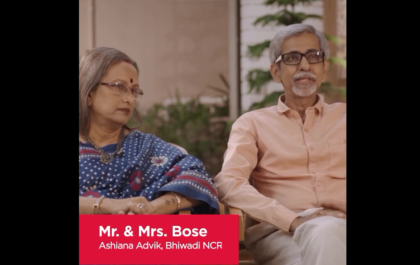In A Fast-Changing World, Most Parents Are Forced to Treat Their Immediate Community as Their Family
Do you remember the movie where an eight-year-old is accidentally left home alone during Christmas vacations & how he protects himself? That was in 1990s.
But the world has moved on and changed so much in the new millennium! India and its middle class is no exception. Joint families are a rare sight. The nuclear families, large generation gap, emerging emphasis on personal space and higher life expectancy have brought about a paradigm shift in the life of parents left home alone in their twilight years!
The old parents often complain that theirs is the only generation which followed their parents’ orders and now has to listen to their children too.
The previous generations of the middle class thought the fools build houses and the wise men live in them! However the middle class now thinks differently. While they are young they buy a house, car and expensive appliances thanks to the EMIs that promise them a comfortable as well as a fast paced life! Not to forget the higher education many of them get in US, Canada, Australia etc arranged by their parents despite huge amounts of dollars they have to cough out. And much to their parents’ dismay, most do not return to their homeland & choose to settle abroad. Quite a few even find a life partner there and raise a family! The new roots only grow stronger with time. In their visits to India, they talk of pollution and low quality of education which their own children cannot adjust to. The visits also become infrequent thus shattering any hopes of revival of their connections with parents.
At some level, their parents are proud of their children’s success. This is one of the few consolations they have.
What are the problems then? Many actually!
- Some tried relocating abroad to be with their children but in many cases it did not work out. The children were occupied with work for five days and were free only on the weekends, when they were taken out for sightseeing and to get-togethers with other Indian families. How much TV could they watch on the week days? They did not know the neighbours. According to them, back home in Delhi, if they go out rks pkj ikap yksxksa ls nqvk lyke t:j gks tkrh gSaA They feel one cannot easily adjust to the life there in old age. As a result, quite a few came back to their roots!
2. Some decided instead to only go on a visit to meet their children. If you dig deep, they would open up and tell you that they felt most welcome only when the daughter-in-law was in a family way. Nannies are expensive, they hinted. - A senior doctor narrated a story about a son who came to India as his father was admitted after a heart attack in a Delhi hospital. The son kept repeatedly asking about the father’s condition until the doctor lost his patience. The son told him that he could barely get a week’s leave from his employer in U.S. The doctor could read his evil mind and asked him if he should not continue with his efforts to save his father’s life. The son kept quiet. Father passed away the next day and the doctor found the son rather relaxed, as he could now finish with the funeral and the trip to Haridwar and return in time. The doctor told us vkt dy tks blood samples vkrs gSa mlesa T;knk [kwu lQsn fudyrs gSa!
- Our experience in the colony reveals –
A. Old parents are generally reluctant to seek help.
B. Security concerns are uppermost for old parents and much more in case of a single surviving parent!
C. Young professionals are too busy to get to know, leave alone help even the next door neighbours.
D. Most have cars, but batteries run down due to limited use, thus making the cars less dependable in urgencies.
E. With longer life expectancy, they face one or more of the age related health problems like cataract, diabetes, BP, heart ailments, hearing loss, dementia, knees giving up, sleep disorders, stroke & terminal illness!
F. For many parents, even with children living within India or even within Delhi, they are far away for comfort!
RELIEF- - In most cases their children are well settled, so they do not have any worries about the children’s future.
- The beat constables visit and check on the registered senior citizens living alone from time to time.
- Most banks offer doorstep service for senior citizens.
- Vasant Kunj Senior Citizens Association provides recreational facilities like carrom, festival celebrations & outstation tours apart from holding kirtans etc. Physiotherapy centre and consulting doctors are available too.
The association also runs Ekal club for single surviving parents, helping with volunteers running errands for them! - Most old parents are economically independent and free from relationship issues typically seen in joint families.
- There are examples of children from abroad turning up here or booking prepaid tables in hotels for celebration of their parents’ birthdays and wedding anniversaries!
- Some fellow residents stand out by taking them to temples regularly in their own cars.
- Grocery shops, Safal, Big basket, Amazon and others make home deliveries.
- Homemade food delivered at their doorstep, by many families in Vasant Kunj.
- Local RWA in our colony helps them in many ways like hospital visits, vaccination, holding health camps, property tax camps, checking on police patrolling by the beat staff and keeping in touch!
- In some sectors, parents living alone are part of a WhatsApp group where they have to send a Good morning message at a predetermined time every day. In absence of this message, volunteers (assigned for this duty) rush to their flats to check out if all is well and any help is needed.
In a fast-changing world, most residents are forced to treat their immediate community as their family thus making new bonds!
दूर रहने वाले रिश्तेदार तो अब खुशी और गम के मौकों पर ही आ जाएं तो बहुत बड़ी बात है!
by Rakesh Dewan (D-3/3124, 8810244978)
Popular Stories
Football Tournament @Princeton
More Than a Festival: The Art and Power of Durga Puja
Personality of the Month- ‘Dr Usha Mediratta’
Stray Cattle Menace In Front of Galleria
The Chronicles of Malibu Towne: A Mosquito’s Tale
“Senior Living Is Not An Old Age Home” say Mr & Mrs Bose
Recent Stories from Nearby
- Araya Samaj Hauz Khas New Delhi December 27, 2024
- AGM At Adhya Jha December 27, 2024
- Petty Thefts on the Rise December 27, 2024
- Water Sprinklers in SDA December 27, 2024
- Town Hall Meeting With Parmila Tokas December 27, 2024

